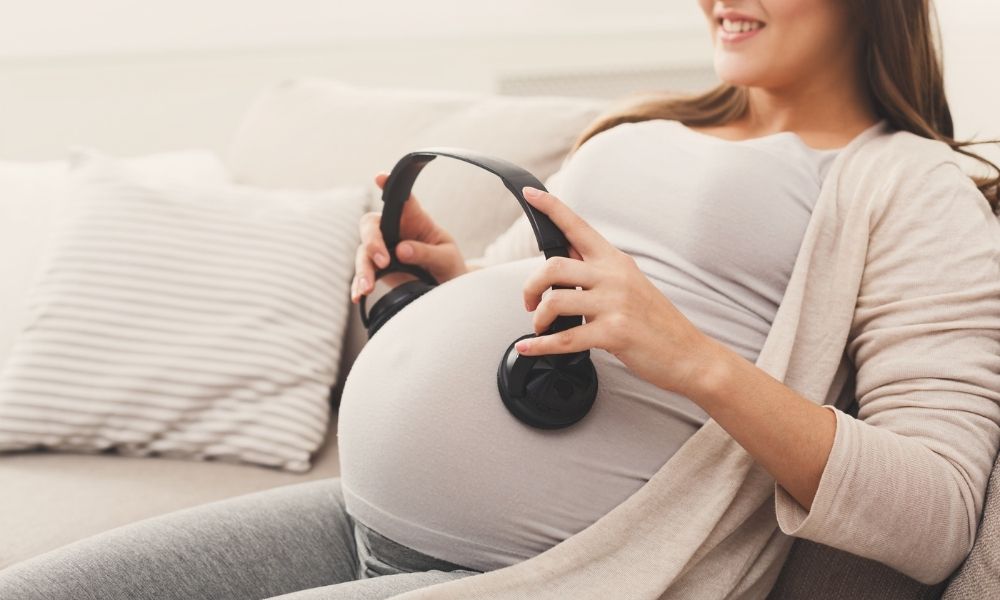During pregnancy, babies’ first movements happen any time between 16 and 24 weeks. A baby’s movements can be described as anything from a kick, flutter, swish or roll. The type of movement may change as your pregnancy progresses. From 16-24 weeks of pregnancy you should feel your baby move more and more up until 32 weeks. Movements then stay about the same until your baby is born.
It is not true that babies move less towards the end of pregnancy or in labour. You can start keeping track of your baby’s movement pattern from 24 weeks. Your midwife will ask about your baby’s movements at every appointment from 25 weeks onwards. If you think your baby’s movements have changed, don’t wait until your next appointment to report it.
If you think your baby’s movements have slowed down or stopped after 28 weeks, speak to your midwife or maternity unit immediately. Do not put off getting in touch with your midwife or maternity unit. Do not worry about phoning, it is important you talk to a midwife or your maternity unit for advice even if you are uncertain. It is very likely that they will want to see you straight away.
Midwives are available 24 hours a day 7 days a week. There is always a midwife available, even at night
If you’re unsure whether your baby has moved because you are having a busy day, find some space and time to lie on your left side and concentrate on your baby’s movements for up to an hour. Don’t wait any longer, even if you’re still not sure.
Don’t rely on hand-held monitors, phone apps or Dopplers at home to check your baby’s heartbeat. Even if they detect a heartbeat, this doesn’t mean your baby is well and you may be falsely reassured.
Watch this video produced by North West London Maternity:
All information we provide is for educational and awareness purposes only. Any concerns should be discussed with your GP, Midwife or Healthcare Professional.
If you’re trying to conceive (TTC), you probably know that there are certain foods and nutrients that become especially important once you’re pregnant. But nutrition plays a vital role even when trying to conceive, much like laying a strong foundation before constructing a house.
Certain nutrients create that foundation by supporting egg and sperm health (yes, nutrition matters for both partners), hormone balance and creating a hospitable environment for a fertilized egg to implant. In fact, studies show that certain nutrients can help increase fertility and improve success rates for both natural conception and fertility treatments.
In other words, nutrition is a key player in the TTC journey, but getting the right nutrients in the right quantities can be tricky. That’s where supplements come in. Just as you’d take a multivitamin to fill in nutritional gaps for optimal health, fertility supplements can give you that extra nutrient boost.
Choosing supplements for your fertility journey
When choosing a supplement to support your fertility journey, look for science-backed, high-quality ingredients. Our editors are careful to select and partner with brands that use ingredients that have been clinically studied to support fertility. Eu Natural® (pronounced you) covers all those bases and more. We love knowing that Eu Natural® products contain zero artificial additives, binders, or fillers and are lab-tested to ensure purity and potency.

When choosing a supplement to support your fertility journey, look for science-backed, high-quality ingredients. Our editors are careful to select and partner with brands that use ingredients that have been clinically studied to support fertility. Eu Natural® (pronounced you) covers all those bases and more. We love knowing that Eu Natural® products contain zero artificial additives, binders, or fillers and are lab-tested to ensure purity and potency.





.jpg)

.png)
.jpg)

%20copy.jpg)


